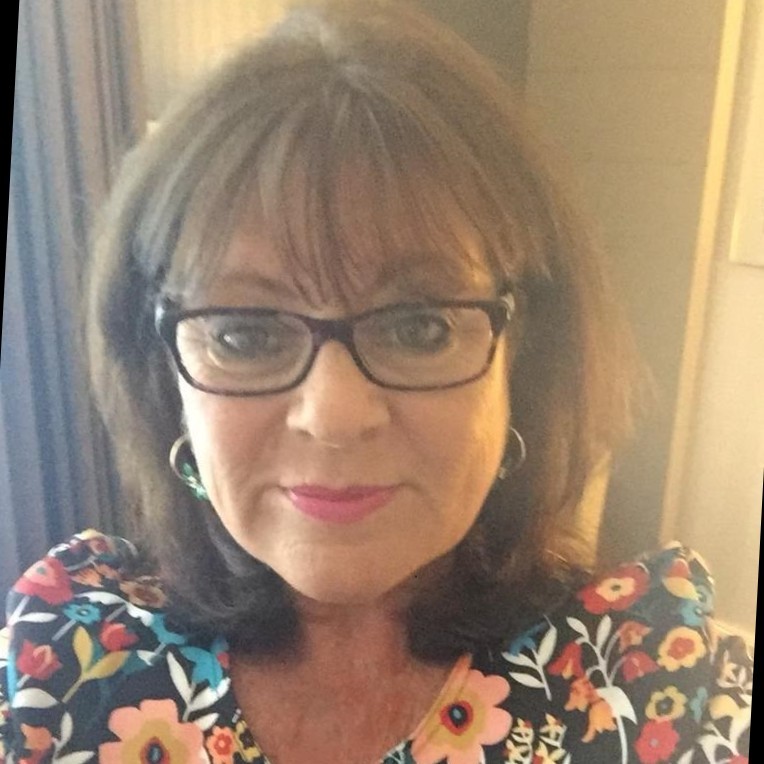Blog Remote Working and Company Culture: A Chicken and Egg Paradox
What comes first: A great company culture built on trust, or the flexible and remote workstyles which lead to it?
By Insight Editor / 20 May 2020 / Topics: Modern workplace Featured
By Insight Editor / 20 May 2020 / Topics: Modern workplace Featured

“Vulnerability doesn’t come after trust – it precedes it,” says Daniel Coyle, Author of New York Times best-selling book, The Culture Code. “Leaping into the unknown, when done alongside others, causes the solid ground of trust to materialise beneath our feet.”
The COVID-19 pandemic has forced many companies – ready or not – to leap into remote working. In turn, employees have been forced to share a lot more of themselves – ready or not.
The pervasive adoption of video conferencing tech – Zoom and Microsoft Teams among the most common – has opened a window to our private lives like never before. Meetings have migrated from the neutral territory of conference rooms to the places most personal to us – our homes. An early morning meeting can unintentionally introduce colleagues to your bed hair, messy kitchen, grumpy morning children and bare-chested husband as he wanders through the background post morning work-out.
Is there anything more vulnerable than letting people into our homes…even virtually?
Now’s a good time to introduce Carl Jung, the Swiss psychiatrist. His work from the middle of the last century is still influential in much of the psychometric, personality and aptitude type testing seen in the business world. Jung conceived an idea about the existence of the conscious and unconscious personas.
Your conscious persona is you when you’re “switched on.” Consider it the version of yourself who shows up to the office, surrounded by your colleagues. It’s how you’d like the world to see you, and the version of you most of your colleagues know. Your unconscious persona is you when you’re on autopilot in your comfort zone – most typically the version of you when you’re at home.
For most of us, remote working is the first time we’re letting colleagues step into our homes and see a different side of us. It’s making us vulnerable. And it’s a good thing.
It’s impossible to have a meaningful conversation about happiness without understanding what makes each of us tick,” according to Clayton Christensen in his book, How Will You Measure Your Life
Having a remote or flexible workstyle is associated both with increased employee happiness and being a great perk of a modern and thoughtful company culture.
But the happiness isn’t derived from the fact there’s no commute, you can walk the kids to school, or make lunch in your kitchen. It’s derived from the opportunity, perhaps for the first time, for our colleagues to understand what makes us tick. It’s derived from a place of vulnerability which, as we learned from Coyle, leads to a solid foundation of trust.
Rather than being the perk, remote working could be the driver of a strong, trusting company culture.
I’ve seen an abundance of evidence supporting this recently at Insight, where I’ve been in senior People and Culture roles for well over a decade. Insight has a strong and healthy culture, underpinned by our values of hunger, heart, and harmony. In 2019, we placed eleventh in the Great Places to Work Australia study. [100 – 1000 employees]
Working remotely isn’t unfamiliar to many Insight teammates. We enjoy the flexibility of working from home when it makes sense. But, like most businesses, it's become the default mode of working for the past few months. As a result, some kind of sub-culture built across the shared walls of vulnerability has emerged.
Conversations begin with a sense of personal wellbeing and mutual caring. “Hi, how’s that report going?”, replaced by “hello, how are you and the family?” There’s a noticeable sense of calmness, clarity and confidence in the communications from our senior leaders – who have purposefully made themselves more available and accessible throughout this period using all the technology available to them. Empathy between peers has amplified, too. Teammates are more appreciative of their colleagues – or at least keener than ever to make their appreciation known. Insight’s internal peer recognition program, known as Make a Difference, or “MAD” for short, has blown up. Two-hundred and fifty teammates in Australia have used MAD to praise one another some 2,000 times in the past year – many of those coming just from the last month or so.
So much of this ties back to the observations of Coyle and Christensen: Vulnerability builds trust, and trust forms the wires which convey conversations about what makes us tick as people. And those conversations make us happy. Happiness makes us more likely to be vulnerable and grow even more trust – and so the cycle continues.
Human Resource departments worldwide are facing the challenge of maintaining the momentum of their company culture during these times, where employees are not physically together. Some are concerned their existing company culture isn’t right for supporting a healthy remote work environment.
Given what I’ve seen in our teams at Insight, perhaps there’s no sense in having concern for how existing culture will survive or support a remote workforce.
The key is to rely on us, vulnerable human beings sharing this experience, forming a sub-culture of trust which can permeate core company culture for the better, becoming the baseline for the way you do things in a post-pandemic world.
